What is the Difference Between Chromosome and Chromatid?
In genetics, the terms chromosome & chromatid are often confused. Learn the exact difference between chromosomes and chromatids.
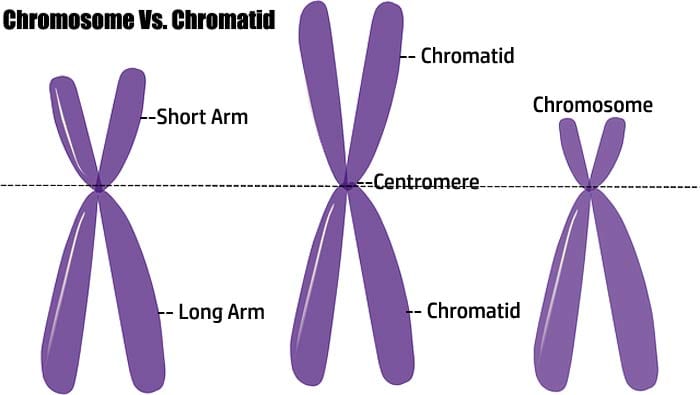
Jump to:
Genetics is the study of heredity in living organisms. One of the most crucial topics in genetics is the study of the genetic material, the DNA.
Due to their usage, the two terms, “chromosome” and “chromatid” are often confused with each other. While seemingly identical at first glance, these biological structures for genetic information are not the same entities.
How do they differ? Let’s explore the difference between Chromosome and Chromatid in detail below.
What is a Chromosome?
Coming from the Greek words[1] “chroma” and “soma” which mean “color” and “body” respectively, a chromosome is a coiled thread-like structure that contains the genetic material of organisms. A chromosome is the condensed form of a chromatin, which in turn is made up of the deoxyribonucleic acid (also known as DNA) and proteins called histones.
Depending on the type of organism, the chromosome number differs. Some organisms can have one chromosome, while some organisms can have up to hundreds!
- The genetic material[2] of prokaryotic organisms is contained in one chromosome, whereas eukaryotic organisms have theirs in multiple chromosomes. [Examples: Jack jumper ant (venomous ant native to Australia) has 1 chromosome; Atlas blue butterfly (found in North Africa) has 448-452 chromosomes].
- In humans, the chromosomes for every cell in the body have identical pairs, except for the sex chromosomes X and Y[3]. The X chromosome is a relatively larger chromosome with more genes, making the genes more dominant. On the other hand, the Y chromosome is responsible for exhibiting “maleness” and manifesting male sexual traits.
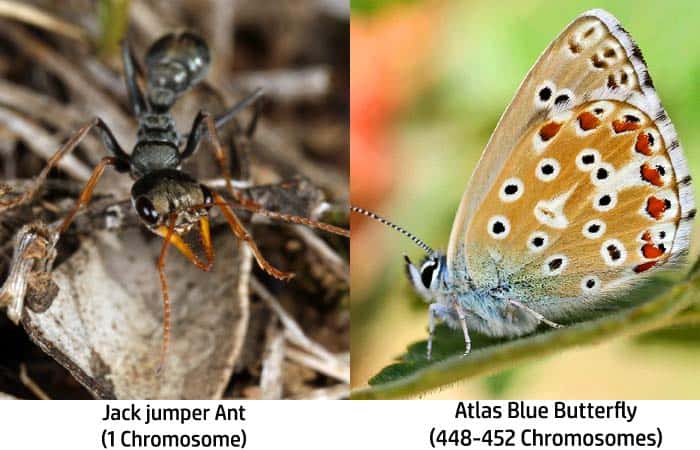
![]()
What is a Chromatid?
- Chromatids (sister) are formed after the chromatin condenses during metaphase. These structures are then joined together in the central region by a structure called the centromere. Shortly after, these sister chromatids will separate during the anaphase as they move to the opposite poles of the cell.
- It is important to note that chromatids cannot be considered as “sister” unless the centromere holds them together.
- During the onset of cell division, the aim is to form cells capable of both function and reproduction; the chromatid is the structure that ensures that this process occurs correctly.
![]()
Difference Between Chromosome and Chromatid
The table below summarizes the two’s major differences in structure and function.
| Chromosome | Chromatid | |
|---|---|---|
| Occurrence | Occurs throughout the cell’s life cycle. | Created only when the cell undergoes mitosis or meiosis. |
| Structure | Tightly packed DNA. | Unwound DNA. |
| Exact copies of each other? | No. Homologous chromosomes can have different forms of trait; one copy of the gene comes from each parent. | Yes, each sister chromatid is an exact copy of each other. |
| Duplicated? | Yes | No |
| Has Centromere? | Yes | None (however, sister chromatids have centromeres). |
| Function | Carries the genetic material. | Enables cells to duplicate. |
| Macromolecule Synthesis | DNA is not being used. | DNA is being used. |
Here is the visual explanation describing the more detailed differences.
![]()
The chromosomes and chromatids have acquired unique biology shaped by evolution through time. The study of these differences will give greater insights into the process’s evolution and consequences.
![]()
Cite this page
Bio Explorer. (2026, January 28). What is the Difference Between Chromosome and Chromatid?. https://www.bioexplorer.net/difference-between-chromosome-and-chromatid.html/

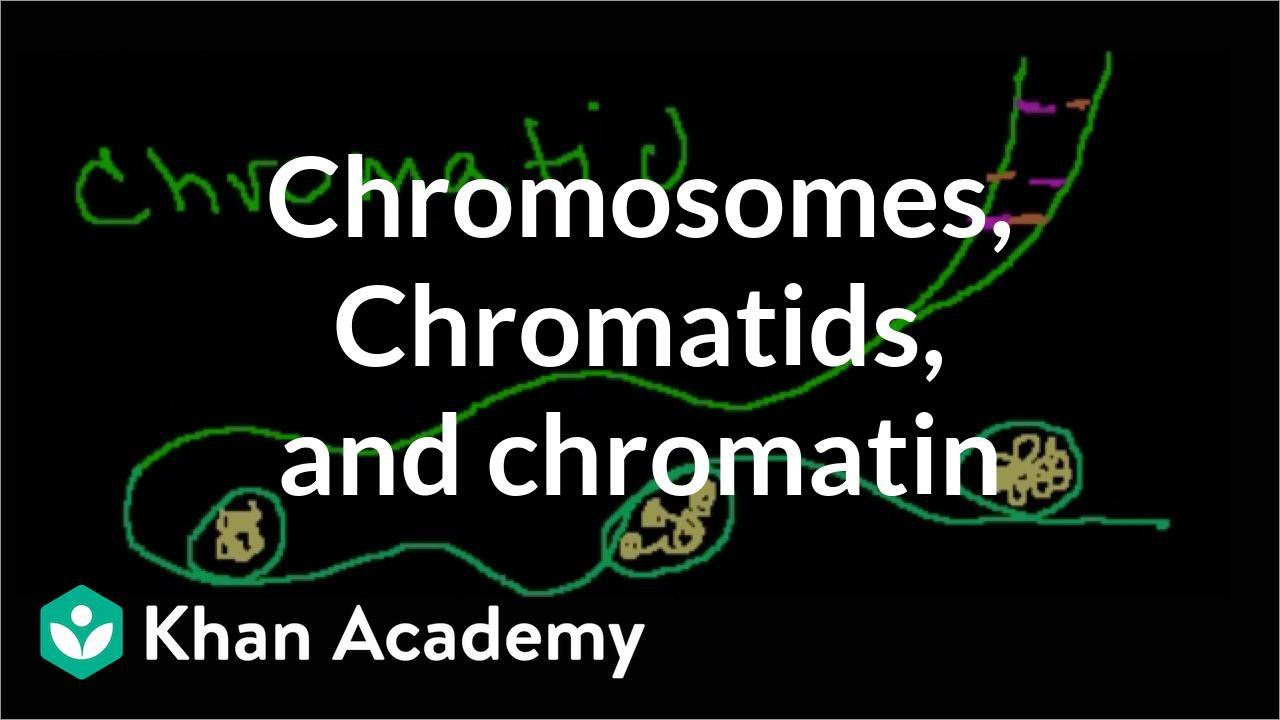
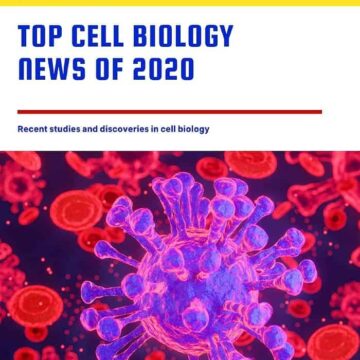

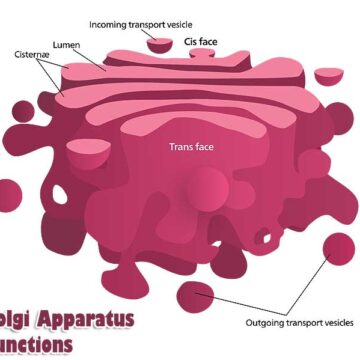
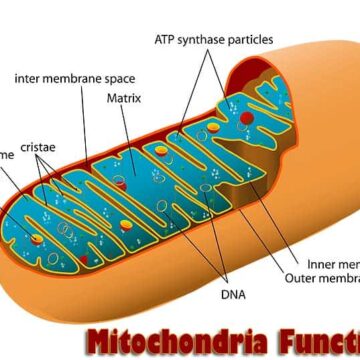
One Comment